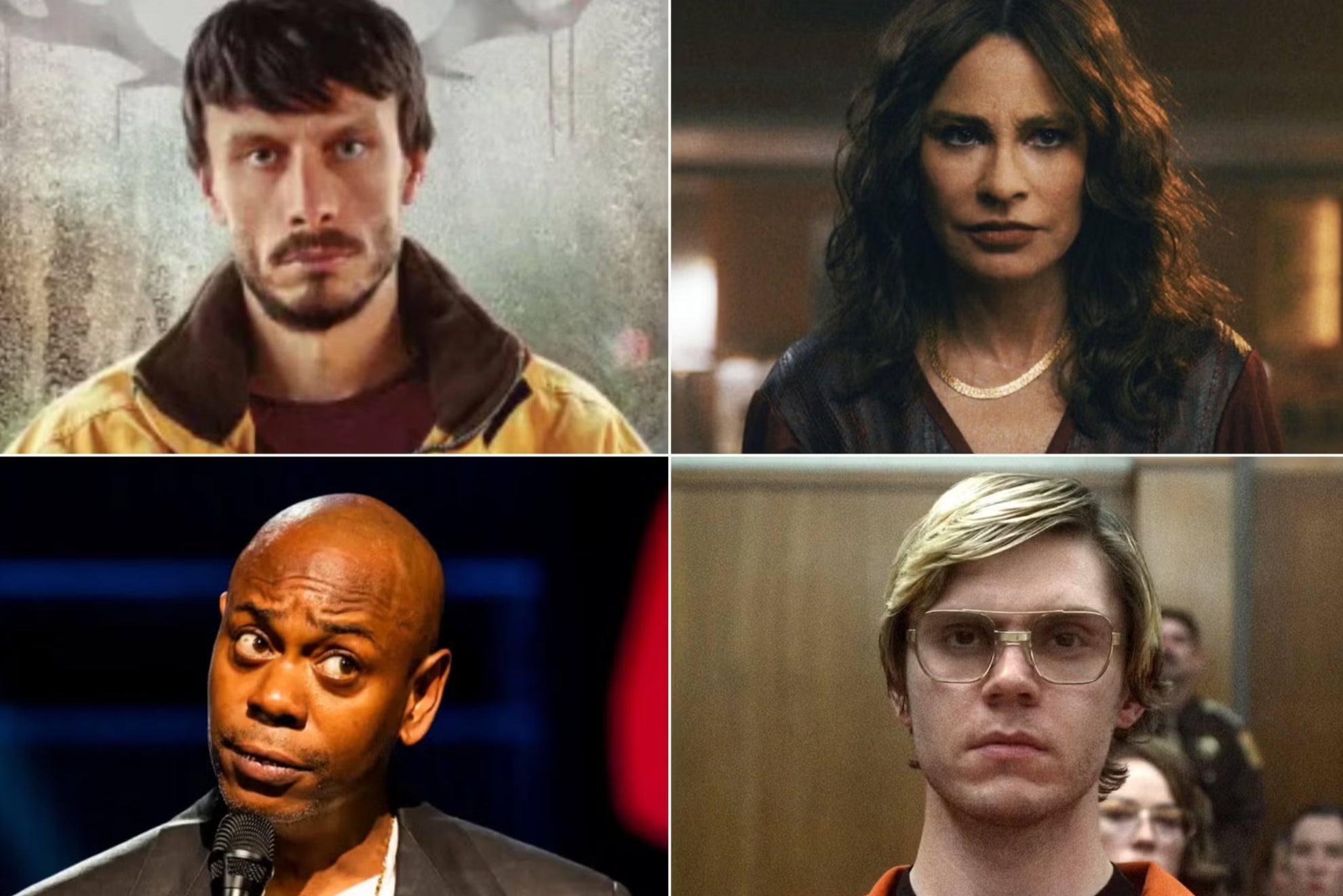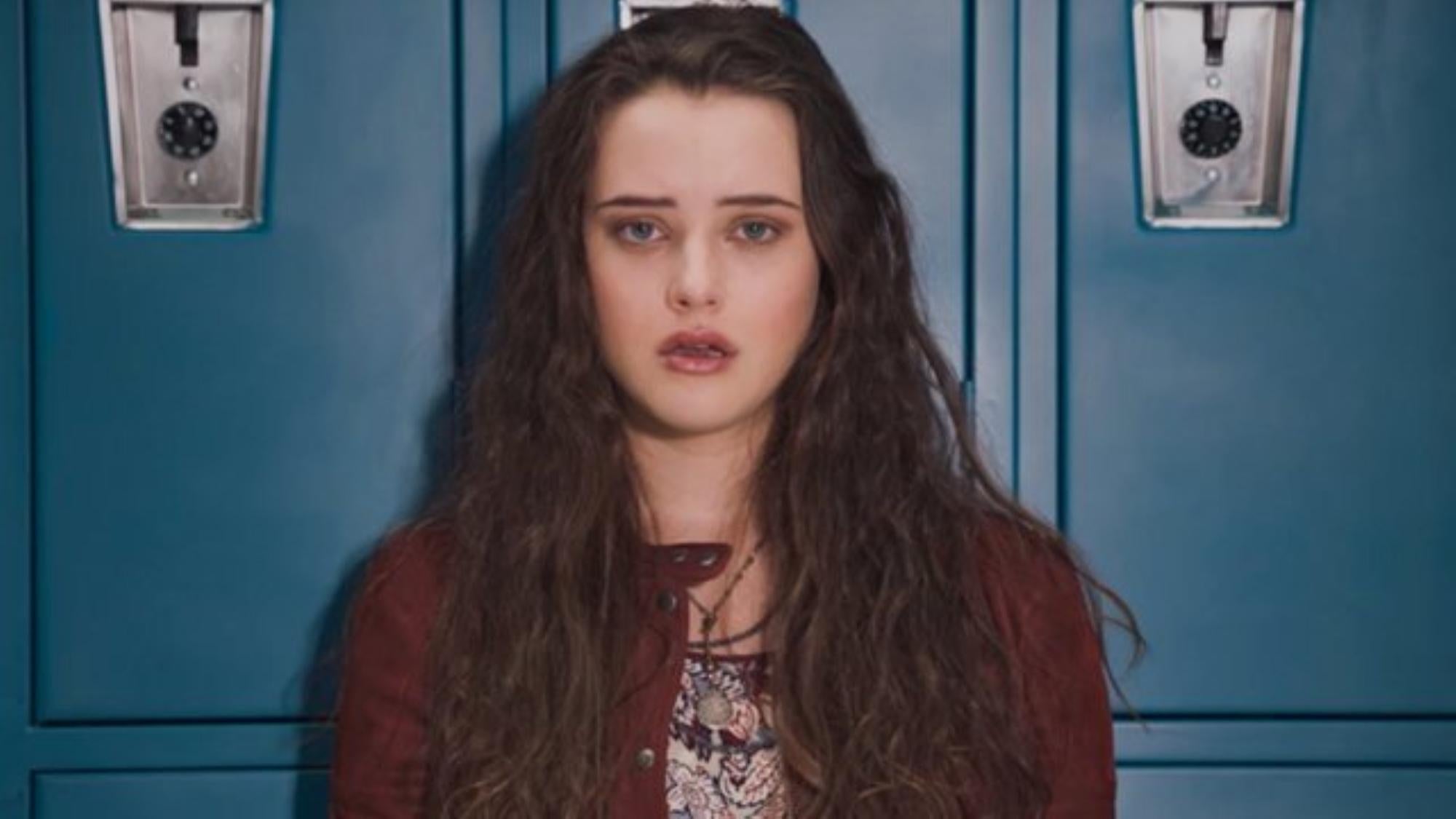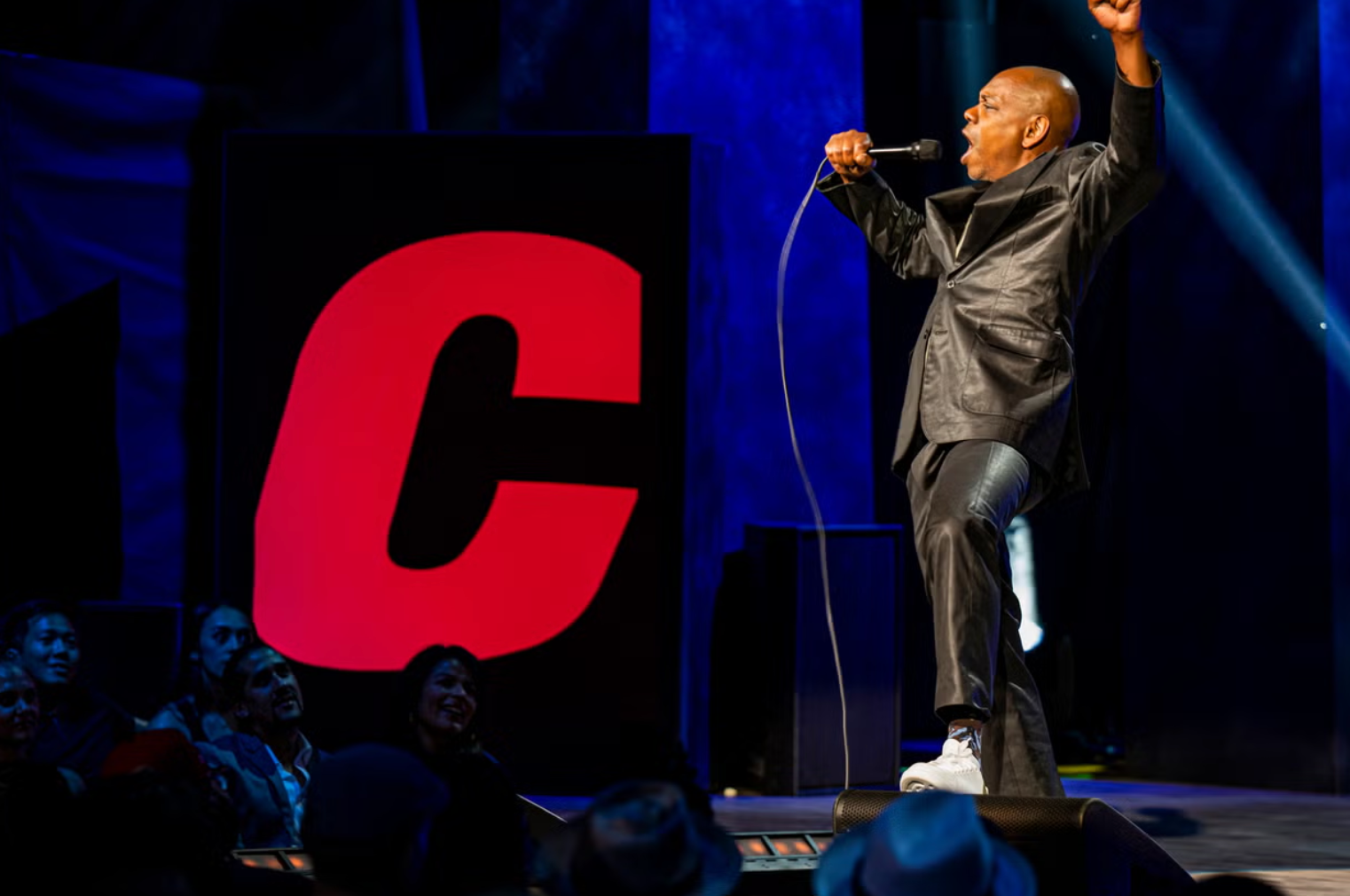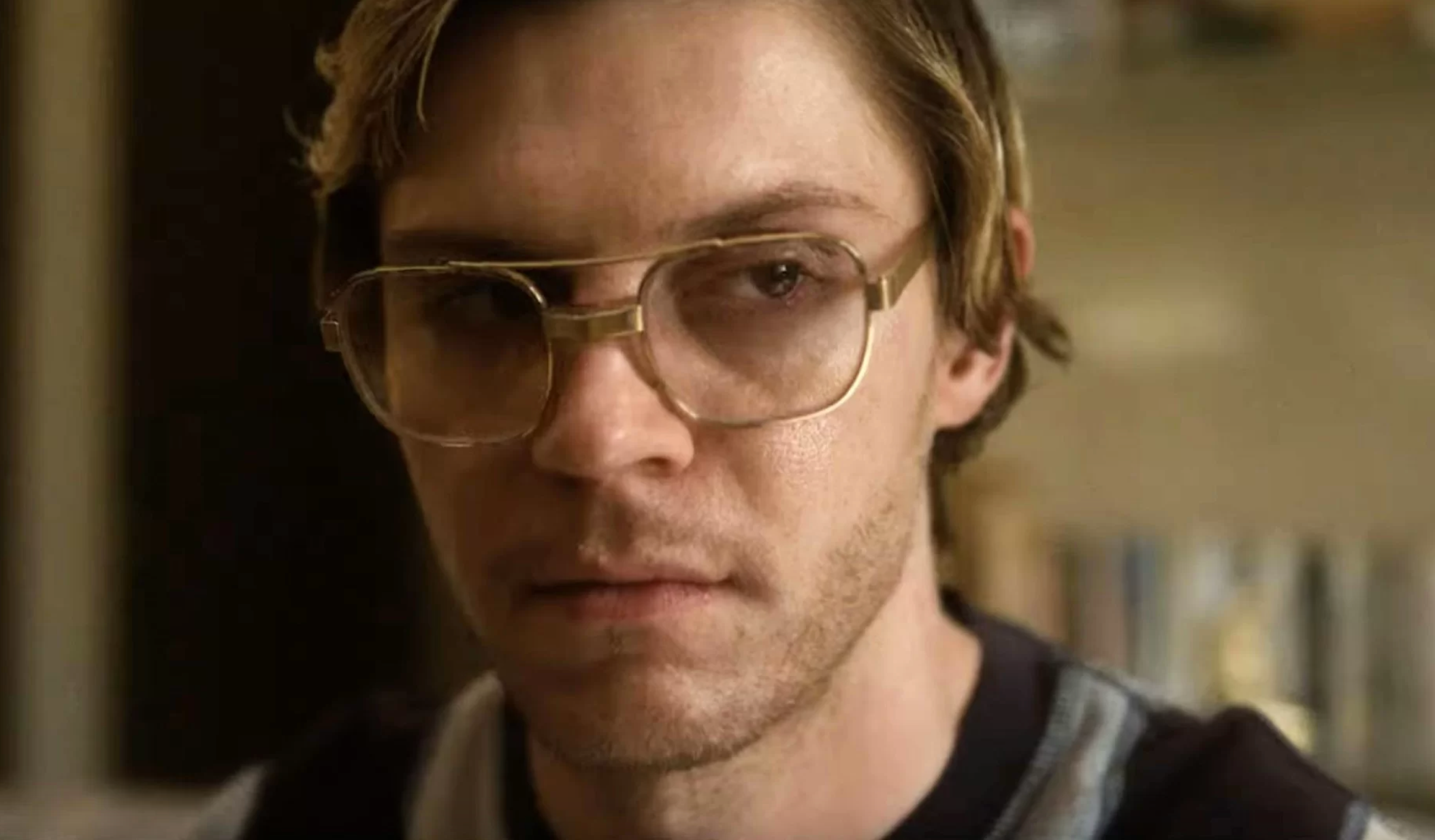Netflix’s most controversial series, from Baby Reindeer to 13 Reasons Why
Lydia Spencer-Elliott picks the most contentious shows on the streaming platform, some of which have led to lawsuits and condemnation


Your support helps us to tell the story
From reproductive rights to climate change to Big Tech, The Independent is on the ground when the story is developing. Whether it's investigating the financials of Elon Musk's pro-Trump PAC or producing our latest documentary, 'The A Word', which shines a light on the American women fighting for reproductive rights, we know how important it is to parse out the facts from the messaging.
At such a critical moment in US history, we need reporters on the ground. Your donation allows us to keep sending journalists to speak to both sides of the story.
The Independent is trusted by Americans across the entire political spectrum. And unlike many other quality news outlets, we choose not to lock Americans out of our reporting and analysis with paywalls. We believe quality journalism should be available to everyone, paid for by those who can afford it.
Your support makes all the difference.Netflix knows how to get our social media timelines talking. Since it started streaming shows back in 2007, the platform has put out an eclectic and seemingly never-ending mix of series, from the racy regency drama Bridgerton to its megahit sci-fi show Strangers Things.
But sometimes, Netflix-inspired water cooler chat bubbles and boils over into outrage. So, from the latest Baby Reindeer developments to when true-crime dramatisations like Dahmer – Monster: The Jeffrey Dahmer Story have hit too close to home, here are Netflix’s most controversial series of all time...
13 Reasons Why
Schools warned parents to check in on their children after the release of Netflix’s controversial teen suicide drama 13 Reasons Why. The series centres on a 17-year old high school student, Hannah Baker, who dies by suicide, leaving behind 13 cassette tapes for 13 different people she felt were instrumental in her decision to take her own life.
13 Reasons Why was heavily criticised by mental health groups for romanticising suicide, and officials in multiple US schools alerted parents to the series over concerns the show may have the power to trigger vulnerable students.
In the three months after 13 Reasons Why was released on the streaming channel in March 2017, suicide deaths among 10 to 19 year olds in the US rose by 13 per cent, researchers from the Medical University of Vienna found.

Netflix defended its decision to make and release the series, claiming in a statement at the time that they had been “mindful” of the show’s “intense themes”.
Dave Chappelle: The Closer
When Dave Chappelle’s comedy special The Closer was released in 2021, a group of Netflix employees walked out in protest of the comedian’s anti-transgender comments. The streaming service later fired the organiser of the walkout, who was reportedly pregnant at the time, for “sharing confidential, commercially sensitive information”.

During The Closer, Chappelle declares he is “team Terf” (trans-exclusionary radical feminist) and claims the LGBTQ+ community are trying to destroy the lives of celebrities such as JK Rowling by “cancelling” them. In response, civil rights advocacy group the National Black Justice Coalition asked Netflix to remove the special from their catalogue.
“Perpetuating transphobia perpetuates violence. Netflix should immediately pull The Closer from its platform and directly apologise to the transgender community,” executive director David Johns said. The Closer was never removed from the streaming platform.

Watch Apple TV+ free for 7 days
New subscribers only. £8.99/mo. after free trial. Plan auto-renews until cancelled

Watch Apple TV+ free for 7 days
New subscribers only. £8.99/mo. after free trial. Plan auto-renews until cancelled
Netflix’s Chief Content Officer Ted Sarandos defended the firm’s decision to air the programme in a leaked staff memo, writing “content on screen doesn’t directly translate to real-world harm”. He later told Deadline he regretted not recognising “a group of our employees was hurting very badly from the decision made”.
Chapelle went on to release another special on the platform at the end of 2023 called The Dreamer.
Ricky Gervais: SuperNature
A year after The Closer, Ricky Gervais was heavily criticised for including anti-trans jokes in his Netflix special Ricky Gervais: SuperNature. Although the comedian was defended by the likes of Tesla and Twitter CEO Elon Musk, the LGBTQ+ advocacy organisation GLAAD condemned Gervais’s material as “dangerous, anti-trans rants masquerading as jokes”.

In a statement at the time, GLAAD wrote: “We watched the Ricky Gervais ‘comedy’ special on Netflix so you don’t have to. It’s full of graphic, dangerous, anti-trans rants masquerading as jokes. He also spouts anti-gay rhetoric and spreads inaccurate information about HIV.”
In his two-star review for The Independent, Nick Hilton wrote: “As is all too frequent these days, [Gervais’s] longest riff is reserved for the humiliation of trans people.”
The comedian has never apologised for SuperNature and defended his material as “just jokes”.
Dahmer – Monster: The Jeffrey Dahmer Story
Families of the victims of notorious mass murderer Jeffrey Dahmer were distressed upon the release of Netflix’s biopic of the killer. Dahmer – Monster: The Jeffrey Dahmer Story was added to the streaming platform just 30 years after the horrifying cannibal’s imprisonment in 1992, with many of those still connected to the case appalled by the decision.

A relative of one of Dahmer’s victims accused Netflix of “retraumatising” their family with the show. Meanwhile, another victim, Tony Hughes’ mother, Shirley, was forced to beg the public not to dress up as the cannibal for Halloween because of the negative effect it was having on her.
“If Netflix hadn’t streamed the show, none of the families would be re-victimised,” she claimed. “And then there’d be no Dahmer costumes this year.”
However, creator Ryan Murphy claimed that he had reached out to the families of 20 of Jeffrey Dahmer’s victims before making the show, and “not a single person responded”.
Squid Game: The Challenge
Korean-language drama Squid Game became Netflix’s biggest series of all time in 2021. Two years later, the streaming platform announced a real life version of the intense competition show, which sees 456 ordinary people take on painstaking versions of childhood games in order to win 4.56bn won (£28.2m). Critics dubbed the concept a “dystopian nightmare”.

Contestants in the real-life adaptation of the Korean drama reported injuries and freezing conditions after filming. In November last year, unnamed Squid Game players, represented by a British personal injuries law firm, claimed they suffered hypothermia and nerve damage while shooting the show in the UK where temperatures plummeted to -3C (26.6F).
“Contestants thought they were taking part in something fun and those injured did not expect to suffer as they did,” Express Solicitors said in a statement. “Now they have been left with injuries after spending time being stuck in painful stress positions in cold temperatures.”
Netflix confirmed in February that three players required medical attention and the show faced an independent safety inspection. Britain’s Health and Safety Executive (HSE) reviewed processes on the show and closed the case; though it warned producers to “plan properly for any risks” in future filming.
A spokesperson for Squid Game: The Challenge denied a lawsuit had ever been filed.
Griselda
Viewers were “shocked” by the violent and ethically dubious drug lord drama Griselda when it landed on Netflix last winter. The six-part miniseries, based on the real-life story of Colombian drug trafficker Griselda Blanco, also irked the 1980s cocaine cartel chief’s last surviving son Michael, who sued the streaming platform and the show’s lead and executive producer, Sofia Vergara, for using his and his wife’s likeness “without permission”.

Blanco claimed he had discussions with producers about his family from 2009 to 2022, with plans to develop a book and a TV show that never came to fruition. He also alleged he had shared personal materials with producers but was shut out of the show’s development process and sought $50,000 (£39,900) in damages.
Griselda’s executive producer, who was not listed in the lawsuit, remained unbothered by Blanco’s complaints. “It’s not my first rodeo,” he told Entertainment Tonight. “We had a very specific story we wanted to tell… I don’t think that in any way prevents someone else from telling their own version of it.”
Blanco told Fox News he believed Netflix creators to be “disrespectful” and only put out the Griselda series for their “own commercial gain”. The lawsuit was dismissed with prejudice.
Baby Reindeer
In Baby Reindeer, comedian Richard Gadd plays a fictionalised version of himself who gets stalked by a lonely and mentally ill woman called Martha, whom he meets while working at a pub. The series caused controversy after fans identified the “real Martha”, Scottish lawyer Fiona Harvey, with many trolling the 58-year-old and some even sending her death threats.

Despite Gadd vehemently discouraging fans from seeking out the inspirations behind the show, Harvey felt obligated to give a TV interview to Piers Morgan Uncensored to “set the record straight after being unmasked by fans” via social media.
The interview caused further fallout, with viewers branding the broadcast “disgraceful” and “unethical”. Harvey revealed plans to sue Gadd and Netflix for “making money out of my misery” during the chat and subsequently claimed she had been “used” by Morgan, too.
Fans also attempted to identify Gadd’s abuser, which led to director and writer Sean Foley being caught up in unfounded speculation.
“People I love, have worked with, and admire (including Sean Foley) are unfairly caught up in speculation,” Gadd wrote in a Instagram Story. “Please don’t speculate on who any of the real-life people could be. That’s not the point of our show.”
Meanwhile,The Guardian columnist Marina Hyde claimed the series demonstrated a “mega compliance failure” on Netflix’s part. But Netflix bosses defended the series, with their policy chief claiming they had taken “every reasonable precaution” to protect people portrayed in the show.